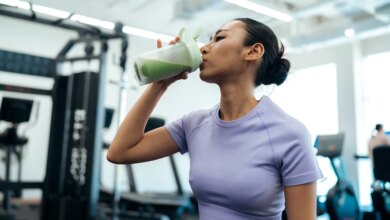Diet drinks linked to higher risk of liver disease than regular soda, study finds
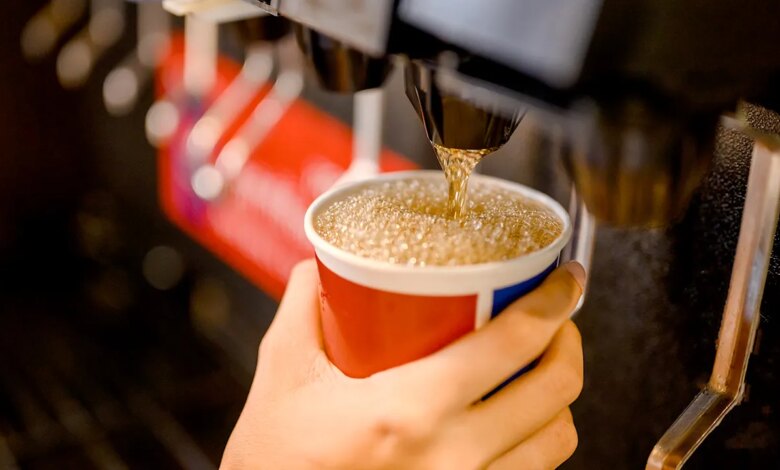
NEWYou can now listen to Fox News articles!
Replacing your usual soda with a diet version may not be healthier for the liver, new research suggests.
A study of UK Biobank data found that sugary and artificially sweetened drinks, even those labeled sugar-free, are linked to a higher risk of liver disease.
The results were presented this week at the United European Gastroenterology Week in Berlin, Germany.
CANCER TREATMENT MAY BE LESS EFFECTIVE IF PATIENTS CONSUME A POPULAR SWEETENER
The study followed more than 120,000 adults for 10 years. None of them had liver disease when the research began.
Over time, the scientists tracked what the participants drank and also assessed their liver health.
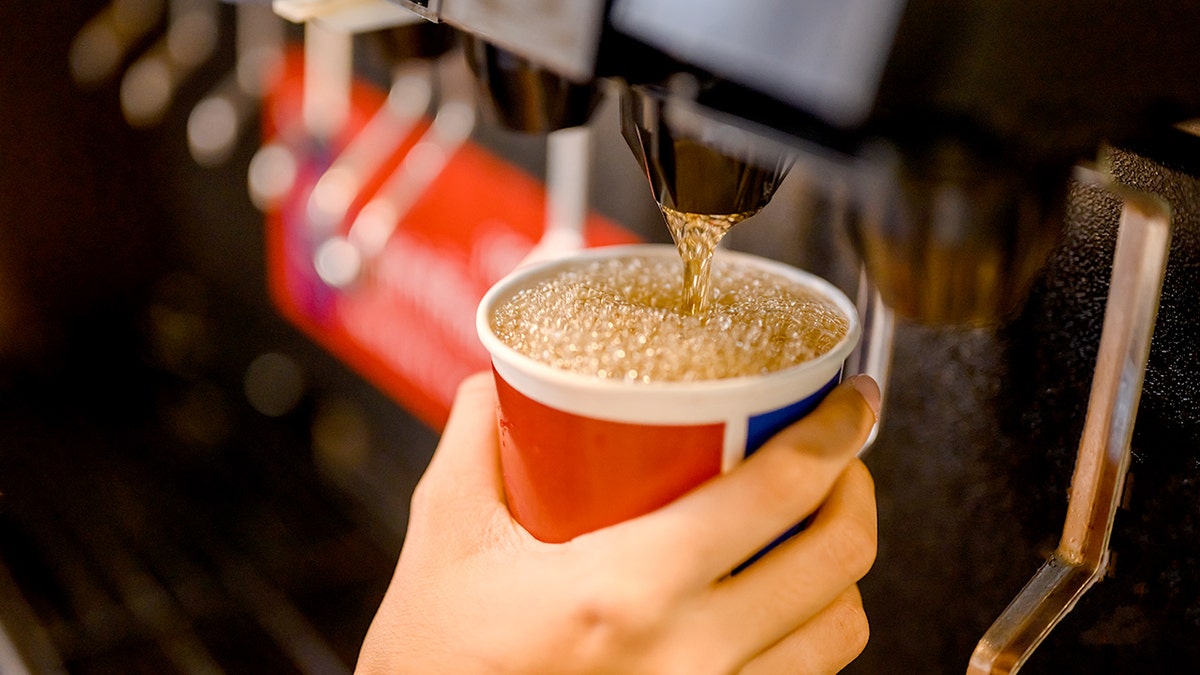
According to the study, those who drank diet drinks – low- or unsweetened drinks – had a higher risk of liver disease. (iStock)
People who drank a lot of sugar-sweetened beverages (SSBs) — like soda, sweet tea, or energy drinks — were about 50% more likely to develop a serious liver disease called steatotic liver disease associated with metabolic dysfunction (MASLD), also known as non-alcoholic fatty liver disease.
“Sugary drinks have long been under scrutiny, while their dietary alternatives are often considered the healthier choice,” lead author Lihe Liu, a graduate student in the Department of Gastroenterology at the First Affiliated Hospital of Soochow University, Suzhou, China, said in a press release.
YOUR DAILY DIET SODA MAY AGE YOUR BRAIN FASTER THAN YOU THINK, STUDY Suggests
However, those who drank diet drinks – low-sugar or unsweetened drinks (or LNSSBs) – had an even higher risk of liver disease, at around 60%.
This implies that switching from regular soda to diet soda didn’t protect their livers — and could have made things worse.
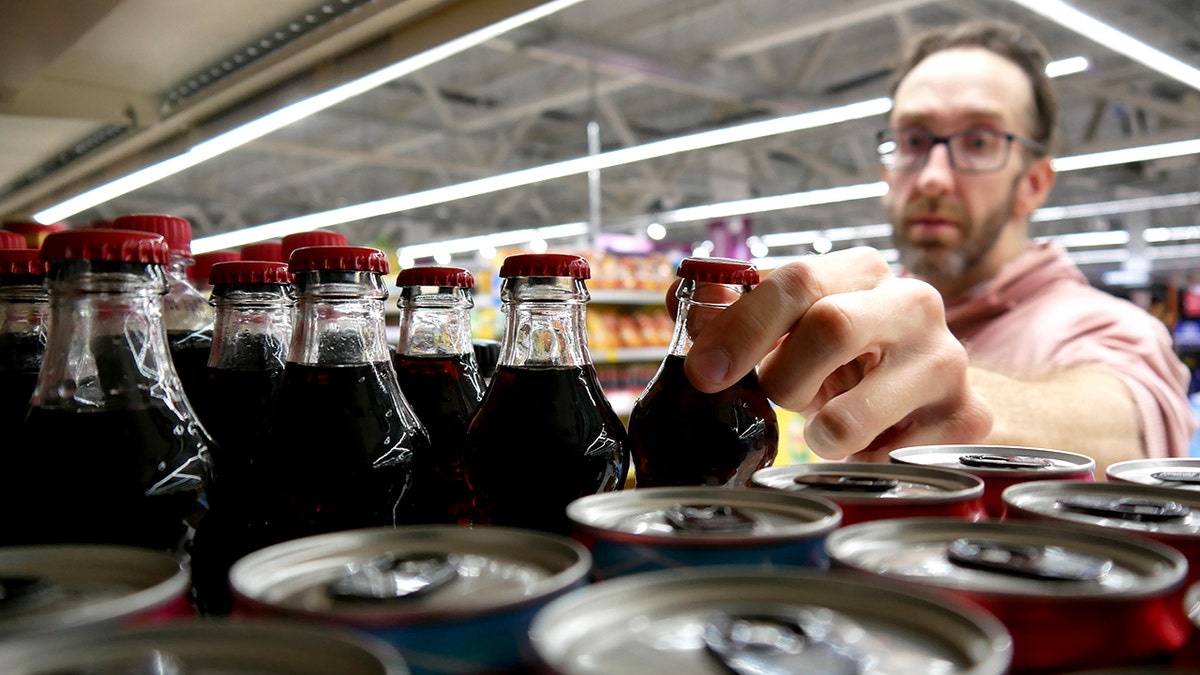
Replacing either drink with water reduced the risk of liver disease by up to 15%, while substituting between the two types of drinks offered no reduction in risk. (iStock)
People who regularly drank artificially sweetened drinks were also more likely to die from liver-related causes, research suggests.
“Our study shows that LNSSBs were actually linked to a higher risk of MASLD, even at modest intake levels, such as just one can per day,” Liu said.
SUGAR IN DRINKS IS LINKED TO A HIGHER RISK OF DIABETES THAN THAT IN FOOD, NEW RESEARCH SHOWS
“These findings challenge the common perception that these drinks are harmless and highlight the need to reconsider their role in diet and liver health,” she added.
As for why zero sugar might be harmful, scientists believe it might be due to the way artificial sweeteners affect the body.
CLICK HERE TO SUBSCRIBE TO OUR HEALTH NEWSLETTER
They have been shown to change gut bacteria, increase cravings for sweets, and disrupt the brain’s hunger and fullness signals, for example.
Some research even suggests they can still trigger insulin spikes, which is usually blamed on sugar.
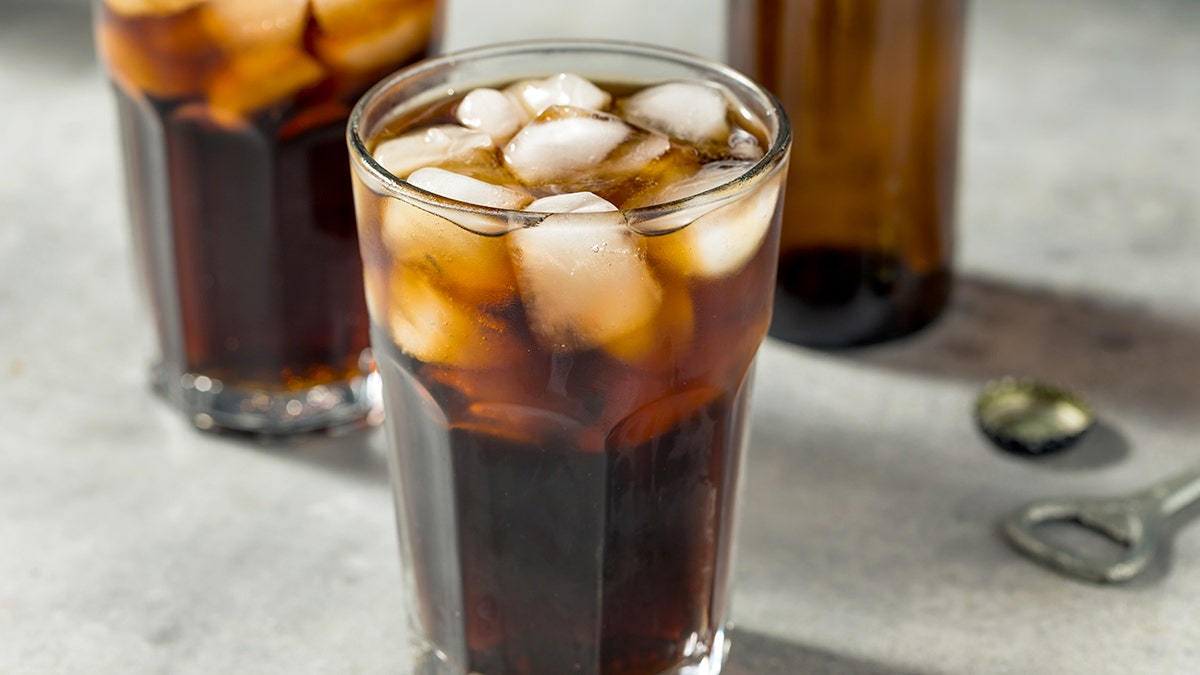
Some research suggests that diet drinks can still trigger insulin spikes, which is usually blamed on sugar. (iStock)
Liu said the safest approach is to limit sugary and artificially sweetened drinks.
Replacing sugary or diet drinks with water has been shown to reduce the risk of liver disease by up to 15%, while substituting between the two types of drinks offered no reduction in risk.
CLICK HERE TO GET THE FOX NEWS APP
“Water remains the best choice, because it eliminates the metabolic load and prevents the accumulation of fat in the liver, while hydrating the body,” notes the researcher.
Liver disease is already one of the fastest growing health problems worldwide, affecting an estimated 4.5 million American adults, according to CDC data.
As the full study had not yet been published in a peer-reviewed journal, potential limitations of the study were not available.
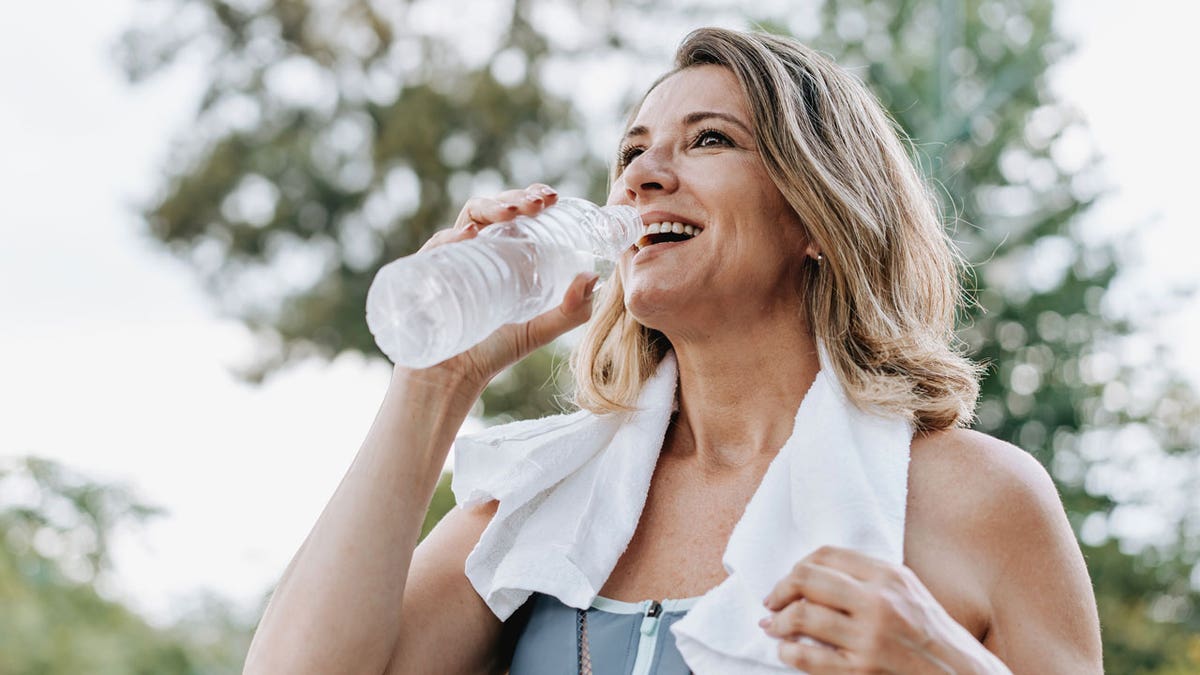
“Water remains the best choice, as it eliminates the metabolic load and prevents fat accumulation in the liver, while hydrating the body,” said the researcher. (iStock)
Some experts, however, pointed out that beverage consumption was self-reported and could have some inaccuracies. The observational study also identifies an association, but does not prove that the drinks cause liver problems.
The Calorie Control Council, the international association representing the low-calorie food and beverage industry, echoed these potential limitations.
“The public should demand science-based findings, especially those intended to inform their food and beverage choices,” Carla Saunders, president of the Calorie Control Board in Washington, D.C., said in a statement to Fox News Digital. “One such long-term, peer-reviewed clinical trial published in the International Journal of Obesity proved that low- or no-calorie sugary drinks are just as effective as water in terms of safety and effectiveness.”
MORE IN HEALTH NEWS
Fox News Digital has reached out to the American Beverage Association and the study’s researchers for comment.


